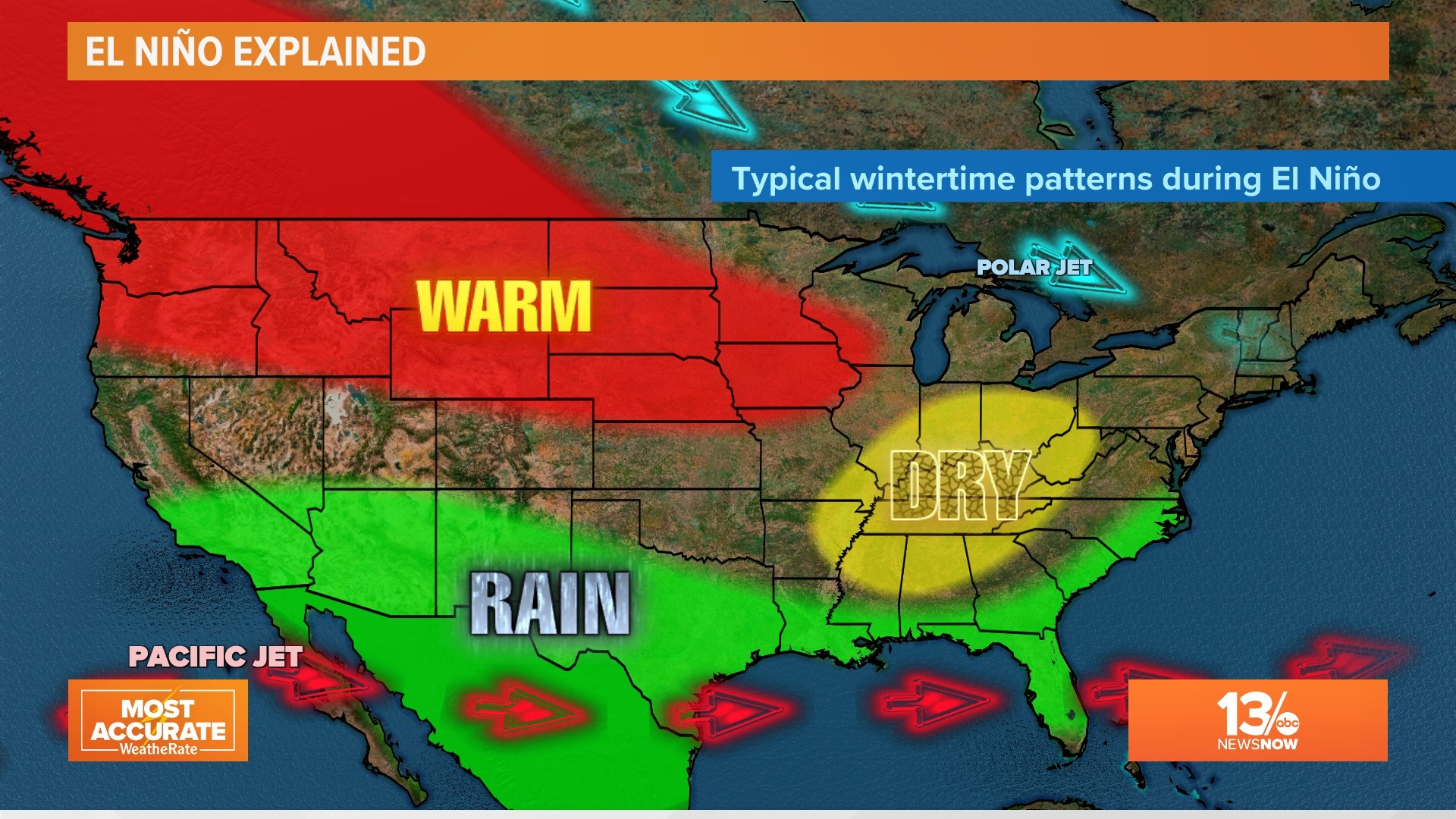El Catllar Hub Esportiu - Exploring The Name's Echoes
When you hear about something like "el catllar hub esportiu", your mind might first go to what it offers, perhaps the activities, or maybe the feeling of community it aims to create. But, you know, there's often more to a name than just what it describes right away. Sometimes, a name carries a kind of history, a subtle resonance that goes back a long, long way, even before anyone thought about modern sports facilities. It's almost like a quiet echo from earlier times, shaping how we might feel about a place without us even realizing it.
This idea of a name holding deeper meaning, it's actually quite common, isn't it? Think about how certain words just feel a bit weighty or how they seem to hint at something grander. The sounds we use, the way we put letters together, they can sometimes connect us to stories and ideas that have been around for generations. So, when we consider a name that starts with "El," like in "el catllar hub esportiu," it might just make us wonder about its origins, what it truly represents, and how it came to be part of something new and exciting.
So, we're going to take a closer look at that first little word, "El," the one that kicks off "el catllar hub esportiu." It's a very small word, but it has a surprisingly rich background, appearing in many different ways across various languages and even very old beliefs. We'll explore some of its ancient meanings and how it's used today, just to see if we can find some interesting connections that might add another layer to how we think about this place, the "el catllar hub esportiu," and its unique identity.
- Fitbryceadams Gym Ivy Jade
- Ion Sports Nikki
- Inde Navarrette Nudes
- Illinois Vintage Festival
- Kira Kosarin Nude Leaks
Table of Contents
- What's in a Name - The Ancient Roots of 'El'
- How Does 'El' Connect to Older Stories?
- The 'El' of Languages - A Simple Word with Many Jobs
- When 'El' Becomes 'Él' - A Subtle Shift in Meaning for el catllar hub esportiu
- What Does 'El' Mean in the Hebrew Bible?
- Exploring the Different Forms of 'El' in Ancient Texts
- Why Might This Matter for el catllar hub esportiu?
- Thinking About the Name El Catllar Hub Esportiu
What's in a Name - The Ancient Roots of 'El'
The word "El," or sometimes "Al" or "Il," has a rather fascinating past, you know. It's almost like a very old whisper from times long, long ago. Back then, in places like ancient Canaan, this word stood for a supreme being, the top god in their spiritual world. This was, in a way, the chief deity for people speaking what are called East Semitic languages during a very early period of human history. It's quite something to think about how a word we see today has such deep, deep roots, isn't it? It suggests a kind of timelessness, a connection to beliefs that shaped entire civilizations, long before anyone considered anything like "el catllar hub esportiu."
How Does 'El' Connect to Older Stories?
So, this "El" we are talking about, it's not just a random sound, it actually carries quite a bit of weight from old tales. It was a word that broadly meant "god" or "deity" for people speaking Semitic languages, and it pops up a lot in the Hebrew Bible, which is a very old collection of writings. For example, it was the name for the divine being that the Hebrew patriarchs, those very early leaders, looked to for guidance. They knew this divine being as "El Shaddai," which means something like "God Almighty," or "El Elyon," which translates to "God Most High." It's almost like a title of respect and power, used before a different name, Yahweh, was revealed to them. This really shows how deeply ingrained the word "El" was in their spiritual lives, you know, giving a sense of something truly big and important, even for a place like "el catllar hub esportiu."
The 'El' of Languages - A Simple Word with Many Jobs
Now, moving from ancient gods, "El" also has a very common job in languages, particularly in Spanish. It's really interesting how one little word can have such different meanings, isn't it? In Spanish, "el" without that little mark over the "e" is what we call a definite article. It's like saying "the" in English. It usually sits right before a single masculine noun that refers to something you can touch or see, like "el libro" which means "the book." This simple use helps make sentences clear, telling you which specific thing someone is talking about. So, while it's not about ancient deities here, it's still about defining something, giving it a clear place in a sentence, much like "el catllar hub esportiu" helps define a particular kind of community space.
- Matt Winter
- Ohthistiana Onlyfans
- Elda Fisher Ffs Before And After
- Melanie Larsen Lesbian
- Carly Hart Onlyfans
When 'El' Becomes 'Él' - A Subtle Shift in Meaning for el catllar hub esportiu
But then, you put a little accent mark on the "e," and "el" becomes "él," and suddenly, it's a completely different word with a new job. This "él" with the accent is a singular pronoun, used for a male person, animal, or even a thing, if you're talking about it as if it were a male. It's like saying "he" in English. It tells you who or what is doing the action in a sentence. So, for example, if you say "Él es la forma singular del pronombre personal masculino de tercera persona," you're saying "He is the singular form of the third-person masculine personal pronoun." It's about pointing directly to someone or something, giving it a specific identity. This shift from "the" to "he" is a pretty neat trick for such a small word, isn't it? It shows how a tiny mark can completely change how we understand something, perhaps even how we perceive the unique identity of "el catllar hub esportiu."
What Does 'El' Mean in the Hebrew Bible?
Going back to its older meanings, the term "El" is actually quite significant and very old in the Hebrew Bible, you know. It's a Semitic word that, broadly speaking, just means "god" or "deity." It's used in all sorts of situations to refer to a divine being. It's not just a name; it's a concept, a way of talking about the divine presence. In the Bible, as we mentioned, "El" was the deity that the Hebrew patriarchs, those very early figures, looked up to. They called upon "El Shaddai" or "El Elyon," showing different aspects or roles of this powerful divine figure. This was before they were told about the name Yahweh. So, "El" itself carries this deep sense of the sacred, of a powerful, guiding force, which is a rather profound meaning for a word that appears so often, even if it's just the start of a name like "el catllar hub esportiu."
Exploring the Different Forms of 'El' in Ancient Texts
It's really quite something to take a deeper look at the origins and history of this awesome name, "El." We can trace it back to its original Hebrew form, and then see how it's connected to other words and names. This word "El" pops up in many places throughout the Bible, showing its importance and how widely it was understood. It’s not just a single, isolated word; it's part of a bigger family of terms, all related to the idea of a divine being or power. This means that when you see "El," you're not just seeing a simple word, but a connection to a very, very old way of thinking about the universe and the forces that shape it. It's almost like finding a piece of an ancient puzzle, giving us a glimpse into beliefs that shaped cultures for thousands of years. This rich history, you know, gives a certain weight to any name that includes "El," even something as modern as "el catllar hub esportiu."
Why Might This Matter for el catllar hub esportiu?
So, you might be thinking, why does all this old stuff about a word matter for something like "el catllar hub esportiu"? Well, it's a bit like this: names, you know, they often carry a kind of feeling or an echo, even if we don't consciously pick up on all their historical baggage. The word "El," whether it's the ancient deity or the simple Spanish article, brings with it a sense of definition, of being "the" specific one, or perhaps even a subtle hint of something grand or foundational. For "el catllar hub esportiu," the presence of "El" at the beginning of its place name, "El Catllar," might just give it a certain groundedness, a feeling of being a definitive place, "the" place for something special. It's not about the hub being divine, of course, but about the subtle psychological impact of a word with such a long and varied history. It's a rather interesting thought, isn't it, how a tiny linguistic detail can add a layer of perceived significance?
Thinking About the Name El Catllar Hub Esportiu
When we consider "el catllar hub esportiu," with this deeper appreciation for the word "El," it almost feels like the name itself has a kind of quiet strength. It suggests that this isn't just any old place, but "the" place, a specific and perhaps even a central spot for sports and community life. The ancient echoes of "El" as a supreme being, or its role as a simple, defining article, could, in a very subtle way, lend a sense of importance or a clear identity to the "el catllar hub esportiu." It's just a little word, but its journey through history, from ancient gods to everyday language, is quite remarkable. It reminds us that even the simplest parts of a name can carry a surprising amount of cultural and historical weight, giving a place like "el catllar hub esportiu" a unique character, even if we don't consciously think about it.
This exploration has taken us on a little linguistic adventure, tracing the word "El" from its very ancient roots as a supreme deity in Canaanite and East Semitic religions, through its significant presence in the Hebrew Bible as a term for God, and finally to its modern uses in Spanish as both a definite article and a personal pronoun. We've seen how a small word can carry immense historical and spiritual weight, as well as serve crucial grammatical functions. By understanding these different facets of "El," we gain a richer perspective on how names, including "El Catllar Hub Esportiu," can subtly resonate with deep-seated meanings and historical echoes, lending a unique character to places and concepts.

El monstruo de la autonomía con una brillante pantalla de 11 pulgadas

Qué busca Trump en el Canal de Panamá - Periódico Alternativo

El Nino 2025 Philippines Forecast - Arman Blake